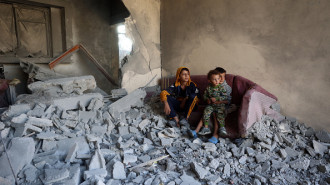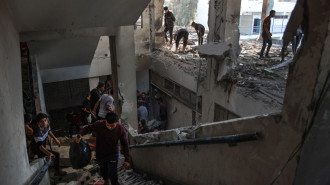Yemen rebels return from 'positive' Saudi peace talks: official
A delegation of Yemen's Iran-backed Houthi rebels returned Tuesday to Sanaa after five days of talks in Saudi Arabia, media and officials said, without yet reporting any progress towards ending their eight-year war.
The Houthi representatives had arrived in Riyadh on Thursday for their first public visit since a Saudi-led coalition in 2015 launched a military intervention in Yemen to prop up the internationally recognised government.
The delegation along with an Omani mediator "returned to the capital Sanaa after five days of negotiations in Riyadh", the Houthis' TV channel Al-Masirah reported.
The Gulf sultanate of Oman has regularly been involved in mediation efforts.
Several Yemeni officials and diplomats, all requesting anonymity as they were not authorised to speak to the media, also confirmed the return of the Houthi delegation.
Ali al-Qhoom, a member of the Houthis' political council, said "there will be a new round of negotiations" but made no mention of any concrete achievements out of Riyadh in a statement posted on X, formerly Twitter.
The talks were "serious and positive", Qhoom said, expressing optimism that outstanding issues would be resolved.
In a statement early Wednesday, the Saudi foreign ministry similarly hailed the "positive results of the serious discussions regarding reaching a road map to support the peace process in Yemen", without disclosing any specific outcomes.
Yemen was plunged into conflict when the Houthis took control of the capital in September 2014, ousting the internationally recognised government and prompting the Saudi-led coalition to launch its offensive the following March.
The fighting has left hundreds of thousands dead and forced millions from their homes, leaving three-quarters of the population dependent on aid.
However, active hostilities have reduced considerably in the past 18 months.
The renewal of diplomatic ties between Iran and Saudi Arabia raised hopes of an end to Yemen's war, but disputes between parties to the conflict over future political and economic arrangements have hindered progress ⬇ https://t.co/FvPuldIKEK
— The New Arab (@The_NewArab) September 14, 2023
A UN-brokered ceasefire is largely holding, despite officially expiring in October, and the warring parties have made tentative steps towards peace.
Key to the cooling of tensions has been Saudi Arabia's detente with Iran in March, after seven years of ruptured ties.
The Riyadh trip, five months after the rebels hosted a Saudi team in Sanaa, is the latest hopeful sign for a war that has created one of the world's worst humanitarian crises.
As was the case in Sanaa, the Saudi side during the talks in Riyadh was headed by Mohammed al-Jaber, the kingdom's ambassador to Yemen, according to the Saudi foreign ministry statement, which was posted on X.
The Houthis also met with Saudi defence minister Prince Khalid bin Salman, brother of de facto ruler Crown Prince Mohammed bin Salman, the statement said.
"It was emphasised that the Kingdom continues to stand with Yemen and its brotherly people" and had encouraged "the Yemeni parties to sit at the dialogue table", it said.
The Houthis' demands in negotiations include payment of salaries for Houthi-appointed civil servants, the release of Houthi prisoners and the launch of new routes from the airport in Houthi-controlled Sanaa.
The Houthis see Saudi Arabia as a party to the conflict, whereas Jaber told AFP in May that Riyadh sees itself as more of a mediator trying to facilitate an agreement between the rebels and Yemen's government.
Observers say Saudi Arabia would like to see an end to its military involvement in Yemen, which has failed to defeat the Houthis and has weighed on the kingdom's finances and international image.
UN experts have accused all parties to the Yemen conflict of war crimes.

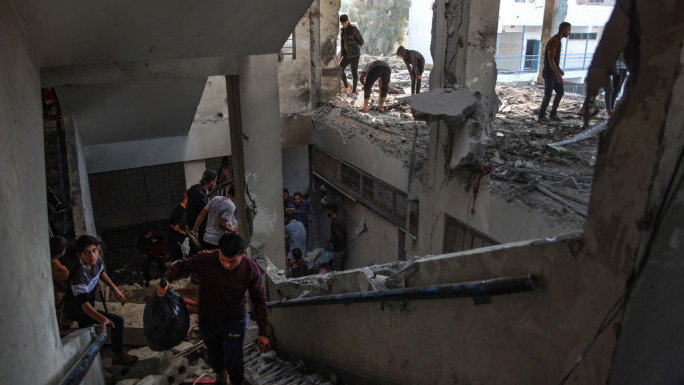
![President Pezeshkian has denounced Israel's attacks on Lebanon [Getty]](/sites/default/files/styles/image_684x385/public/2173482924.jpeg?h=a5f2f23a&itok=q3evVtko)

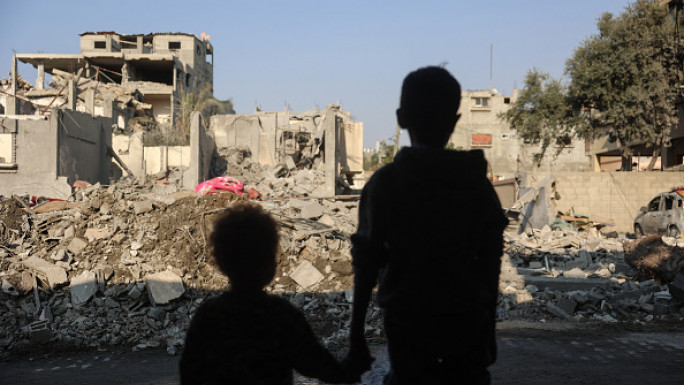
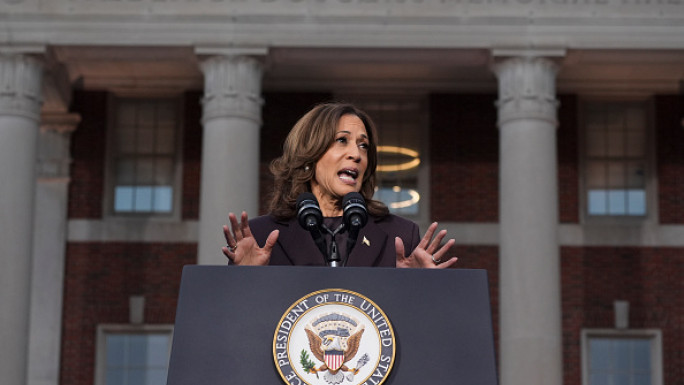
 Follow the Middle East's top stories in English at The New Arab on Google News
Follow the Middle East's top stories in English at The New Arab on Google News
